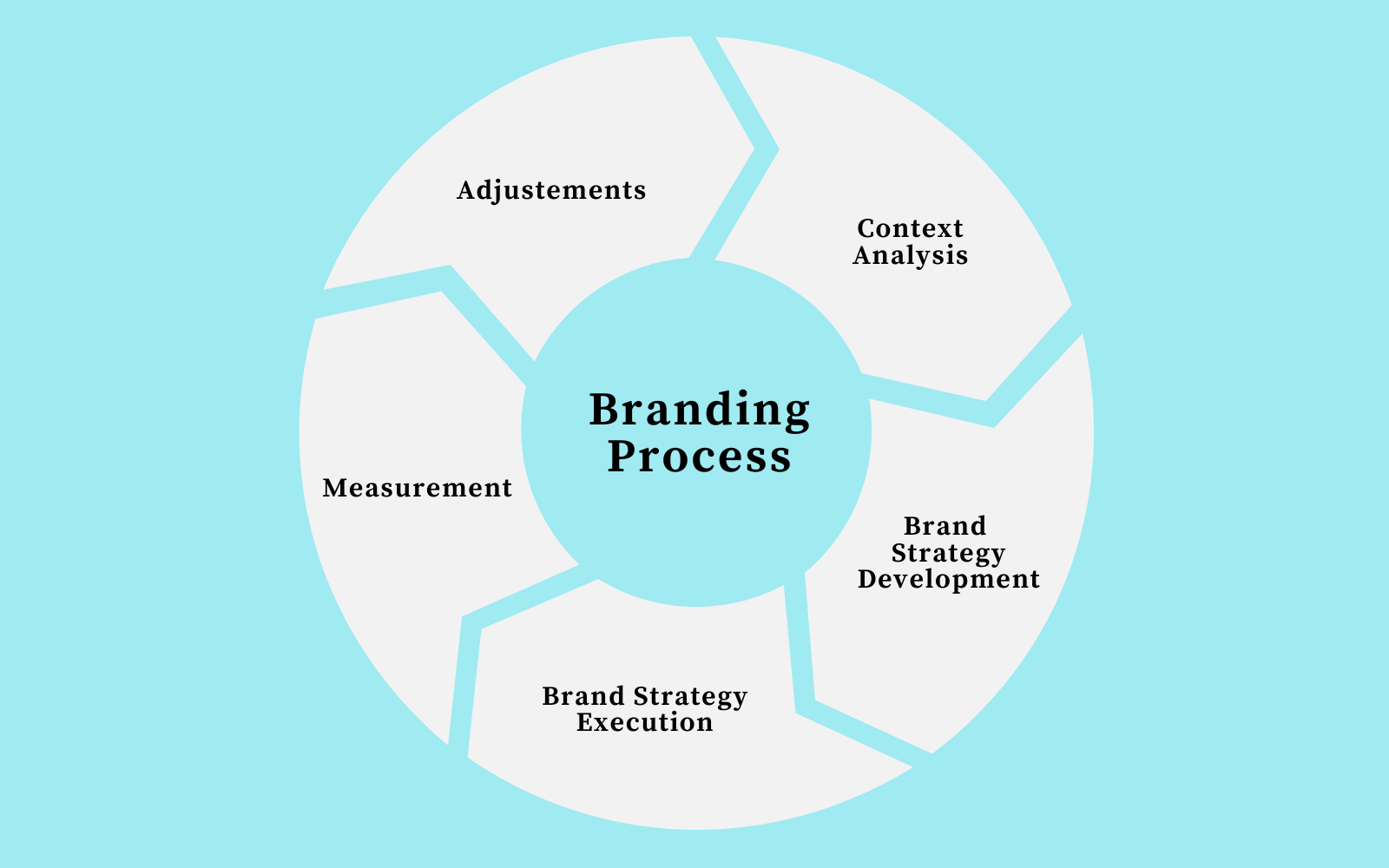The Trick to Building Customer Count On Depends On Robust Branding
Why Robust Branding Is Crucial for Market Management
In today's competitive landscape, durable branding becomes a crucial element for accomplishing market leadership. A well-defined brand identification not only sets a company besides its competitors however likewise cultivates trust and emotional links with customers. These components are important for cultivating loyalty and encouraging repeat organization, yet several companies forget the much deeper ramifications of their branding techniques. As we discover the diverse nature of branding, it comes to be apparent that the risks are high for those that stop working to recognize its significance fit long-lasting organization success. What are the certain methods that can raise a brand name to this well-regarded standing?
Recognizing Brand Identification
Constantly recognizing the relevance of brand identification is important for any kind of organization aiming to achieve market leadership. Brand identification incorporates the visual elements, messaging, and total understanding that identify a company from its competitors. It works as a foundation for just how customers engage and regard with a brand name, playing an important function in shaping their assumptions and experiences.
A distinct brand name identification connects the core worths and goal of a company, creating a psychological connection with its target market. Aspects such as logo designs, color pattern, typography, and intonation need to straighten cohesively to convey a consistent message throughout all systems. This uniformity enhances brand name recognition and cultivates client commitment.
Additionally, brand identity is not just superficial; it mirrors the authenticity and integrity of a firm. It needs to be carefully crafted to resonate with the designated audience while staying versatile to evolving market patterns. Organizations that focus on a strong brand name identification can efficiently separate themselves, develop a favorable credibility, and grow a faithful consumer base. Inevitably, a robust brand name identification is vital for navigating affordable landscapes and sustaining lasting success.
Building Consumer Count On
A strong brand name identification prepares for building customer trust fund, a vital part in accomplishing market leadership. Count on is not simply an emotional response; it is a tactical asset that can considerably influence acquiring choices and brand name commitment. Firms that grow openness, reliability, and consistency in their messaging and activities cultivate a complacency among consumers.
To build this depend on, brand names have to deliver on their pledges. This means guaranteeing that product high quality fulfills consumer assumptions and that solution experiences are favorable and responsive. Additionally, constant communication strengthens integrity; when clients recognize what to expect which their issues will certainly be attended to, their confidence in the brand strengthens.
Social evidence also plays an important role in developing depend on. Positive testimonials, reviews, and recommendations from trustworthy resources improve a brand's online reputation and can persuade possible customers. Engaging with consumers with social systems and resolving their problems publicly shows responsibility and dedication.
Differentiation in Competitive Markets
In today's crowded industry, differentiation is essential for brands seeking to attract attention and catch consumer interest. With plenty of choices readily available, consumers are usually overwhelmed, making it important for brands to develop an unique identity that reverberates with their target market. This differentiation can show up through different components, including product attributes, prices approaches, customer support, and brand name messaging.
Efficient differentiation involves not just recognizing what makes a brand name one-of-a-kind yet likewise interacting Robust Branding these distinctions clearly and consistently. Brand names must articulate their value proposal in a method that addresses particular consumer demands and choices. A business might concentrate on sustainability, cutting-edge modern technology, or personalized customer experiences to sculpt out a particular niche in an affordable landscape.
Moreover, brands ought to continuously analyze their affordable environment to adapt and refine their distinction methods. This positive strategy ensures that they continue to be pertinent and attractive to customers as market characteristics develop. Ultimately, durable branding that emphasizes differentiation not just cultivates brand name loyalty yet likewise positions a firm as a leader in its sector, leading the way for continual growth and market supremacy.
Psychological Links With Consumers
Emotional connections serve as a powerful driver in structure long-term relationships between consumers and brands. When customers reverberate with a brand name on a psychological level, it fosters loyalty that goes beyond plain transactional interactions. Brand names that efficiently evoke emotions-- whether via narration, shared worths, or genuine involvement-- produce a feeling of belonging for their clients.
These psychological connections can considerably affect acquiring decisions, as consumers are commonly driven by sensations instead than reasoning. A brand name that aligns with customers' addresses or aspirations their pain points can cultivate a deep-seated loyalty that results in repeat service and favorable word-of-mouth references.
Moreover, psychological branding allows business to distinguish themselves in jampacked markets. By touching right into the views of their target audience, brands can sculpt out an unique identity that resonates deeply, making them unforgettable and chosen over competitors.
In an age where consumers are pounded with options, a strong emotional connection can be the deciding consider brand choice. Hence, focusing on emotional interaction is not merely an advertising tactic; it is a calculated critical for brands seeking to develop significant partnerships and improve customer retention.
Long-Term Organization Success
Sustainable business development pivots on the ability to grow robust branding imp source methods that resonate with customers gradually. A strong brand name not only differentiates a firm from its competitors yet additionally promotes loyalty and depend on amongst customers. This long-term partnership is essential for guaranteeing repeat business, which substantially contributes to income stability and growth.
In an increasingly affordable market, brands that connect a constant and clear message are more most likely to prosper. This consistency enhances brand identity, making it easier for customers to pick the brand and remember over others. Robust Branding. As an outcome, a well-established brand name can adapt to market adjustments without losing its core significance, enabling development without alienating devoted customers
Additionally, robust branding produces a system for consumer engagement, whereby services can collect responses and adjust their offerings accordingly. This repetitive procedure not just boosts customer fulfillment yet also builds a neighborhood around the brand name, cultivating a feeling of belonging.
Conclusion

Organizations that prioritize a solid brand name identification can successfully distinguish themselves, construct a favorable track record, and grow a faithful customer base.A solid brand identification lays the groundwork for constructing client trust, a crucial component in attaining market leadership. A solid brand not just separates a company from its rivals but likewise fosters commitment and count on amongst clients. As a result, a well-established brand name can adapt to market adjustments without losing its core significance, enabling for innovation without pushing away devoted customers.
